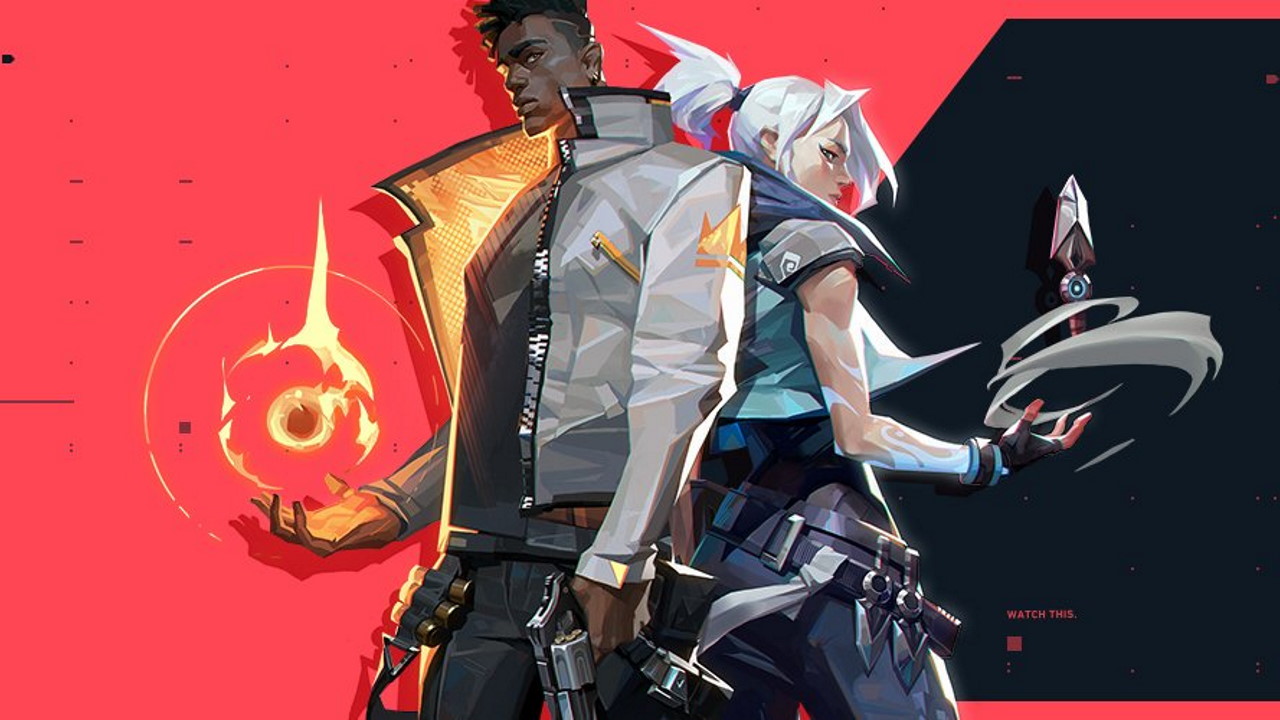Valorant producer: harassment is 'not a status quo I'm comfortable accepting'
Valorant executive producer Anna Donlon "can't solve society," but won't accept a competitive scene full of bullying, either.

In April, Valorant executive producer Anna Donlon said on Twitter that she doesn't solo queue in her own game because of the harassment women invariably face in competitive games. And whenever the topic of harassment is raised, a chorus of 'get over its' appears to declare that it's not a problem.
"I'll be super real here: harassment and bullying in games is not a status quo I'm comfortable accepting," wrote Donlon in a Valorant update today. "I replied to a colleague's tweet last month about my fears of solo-queuing, a problem I've had for many years of multiplayer gaming. And I’m not alone. We've learned to mute others who are harassing us. We've learned to mute ourselves in order to keep the peace. And as a result, we have a competitive experience that can feel compromised. We often find ourselves at a disadvantage."
Changing things is obviously not as easy as telling players to be kind, especially when some players' gut response to criticism of harassment is the feeling that everyone else is too sensitive, or that harassment is just part of competitive games, or that it's deserved.
"I can't solve society, and some of these issues are really, really deeply entrenched," wrote Donlon. She also acknowledged that providing "tools for self-isolation" alone is a poor solution—muting everyone blocks out unwanted behavior, but takes away a competitive tool.
"While I’m happy with the features we've developed to promote competitive, non-verbal communications (like agents automatically calling out when they see enemies with the spike, or our ping system), I still think there is more that we can and should do to protect those who do want to compete with all the tools available (like voice chat!)," Donlon wrote.
Gross, this is creepy as hell. This is why I can't solo. I'm so sorry. We're absolutely looking into long-term solutions for making it safe to play VALORANT - even solo queue!April 24, 2020
As the next step, Donlon says the team will publish a code of conduct "as soon as possible," establishing what's expected of Valorant players, as well as what they should expect with regard to punishment.
"With any competitive game, we expect spirits to get high and things to get tense—we're not going to ban someone just because they got passionate about winning or losing," she wrote. "But I also know that some experiences can go beyond enthusiasm; sometimes they extend into harassment. That's what we're not okay with."
Keep up to date with the most important stories and the best deals, as picked by the PC Gamer team.
Donlon's ambitious goal is to guarantee respectful treatment to all players who show it themselves—and such an ambitious goal can only have a timeline of "as long as it takes," because Riot will probably be working on that one for as long as it's running competitive games. Despite the developer's efforts, which include a "Central Player Dynamics" team dedicated to the problem, League of Legends still has a reputation for being unwelcoming.
You can read Donlon's full statement on the Valorant website. Today's update also includes some info on Riot's efforts to lower latency during this time of increased internet usage—it has apparently been tricky, but servers nevertheless opened up in three new regions today.

Tyler grew up in Silicon Valley during the '80s and '90s, playing games like Zork and Arkanoid on early PCs. He was later captivated by Myst, SimCity, Civilization, Command & Conquer, all the shooters they call "boomer shooters" now, and PS1 classic Bushido Blade (that's right: he had Bleem!). Tyler joined PC Gamer in 2011, and today he's focused on the site's news coverage. His hobbies include amateur boxing and adding to his 1,200-plus hours in Rocket League.

